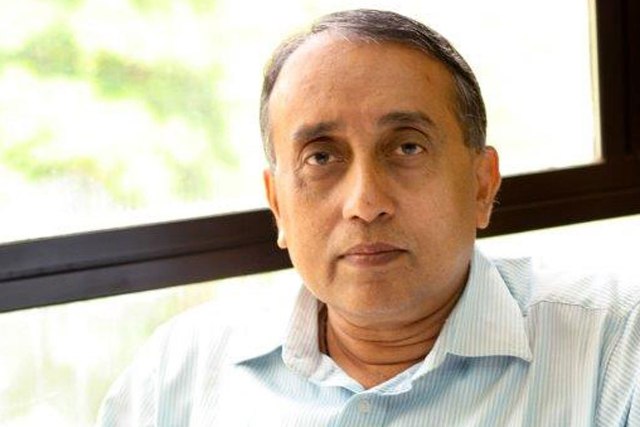The Foreign Contribution Regulation (Amendment) Bill 2020, passed by the Parliament on September 23, 2020 has invited widespread criticism. Experts in this domain are saying that the Bill is merely a tool for the central government to wrest more control over Non-Governmental Organisations (NGOs) in the country.
In this interview with TheCSRUniverse, Ex-Chief Executive of HelpAge India Mathew Cherian says that the Bill is utterly disappointing and detrimental to the working culture of NGOs who already face multiple challenges while executing the ground level work.
Cherian, who managed India ‘s largest non-profit in the field of elderly and on the National council of senior citizens for more than 17 years, and now is associated with WEF forum on Ageing and Longevity, also rubbishes government argument that the Bill will bring transparency into the functioning of NGO’s. He says that the mandatory Aadhaar for identification of NGO functionaries is against the spirit of the SC judgement according to which the Aadhaar identification is non-mandatory.
Scroll down to read interview with Mathew Cherian on FCRA Bill 2020.
Q: What would be the key challenges that NGOs would face once FCRA Bill is enacted?
A: One of the key challenges is that NGO’s will not be able to transfer funds to other NGO’s in other locations. For example, if an NGO in Delhi wished to work in Orissa cyclone, they could not fund a small NGO in the affected area. Instead, they would have to do it themselves which will mean recruiting staff and other assets and this would increase the administrative costs above 20 %. Hence this will restrict the NGO’s greatly and will be a debacle for the small NGO’s in rural areas.
Q: Regarding the 20% cap on administrative expenses, the government says that it will help utilisation of funds in better ways What are your thoughts on this?
A: This is an ill thought out measure. While all NGO’s try to reduce their administrative costs, this arbitrary fixing of admin costs with no clear definition of the costs and a common benchmark for all NGO’s will not work. Some training NGO’s and research NGO’s will have almost all costs as admin costs, as they do not do any programme work. It would have been prudent to define this term.
Q: Aadhar of key NGO officials have been made mandatory for FCRA certification. Why is there an uproar over that?
A: This has been a controversial move as the Supreme Court has ruled that the use of AADHAR as a mandatory rule cannot be imposed. In many NGO’s, many board members are unwilling to give their AADHAR card due to privacy concerns especially many retired senior people.
This is a backdoor intrusion on these board members, and many board members will quit their position on non-profit boards due to these privacy concerns.
Q: The transparency clause in the Bill refers to the foreign fund utilisation to threaten national security? How valid is the concern?
A: The threat of national security has been a bogus concern. From 1975 when this Act was first passed, it was passed due to internal security, terrorism and other concerns. To use an NGO account by a terrorist organisation would be so foolish. This reason has been quoted just to besmirch the good name of NGO’s and debase the good work they have been doing over the years. There are 2.7 million workers with NGO’s and the government is threatened by the large amount of grass root work which is being done while their cadres do nothing in the villages.
Q: The bill makes it easier for the Central Govt to withdraw FCRA certification. What could be the implications?
A: Yes. it gives them adequate ammunition to cancel the FCRA certification. The funding source will just dry up. It also gives the government the latitude to file criminal cases against NGO personnel and drag them through courts. It is also a way to quell dissent.
Q: The Bill seeks to make it mandatory for receipt of foreign funds in an SBI account only? What could be challenges for NGOs on that front?
A: This is the biggest foolish clause in the whole bill. All foreign funds to the country always flowed through State Bank of India (SBI) overseas branch in Mumbai which tracks foreign funds. The move to make SBI New Delhi as the central bank in the age of digital banking and technology support one of the foolish moves and takes the country backwards. Imagine, an NGO in Kanyakumari having an account in New Delhi when SBI itself has 165000 branches. They could have said the nearest SBI to the NGO. This is completely ridiculous and a sloppy legislation.
Q:Any positive highlight of the Bill that makes it better for NGOs to operate and perform in India?
A: There is no positive highlight in the Bill at all and is passed with malicious intention


















.jpg)



